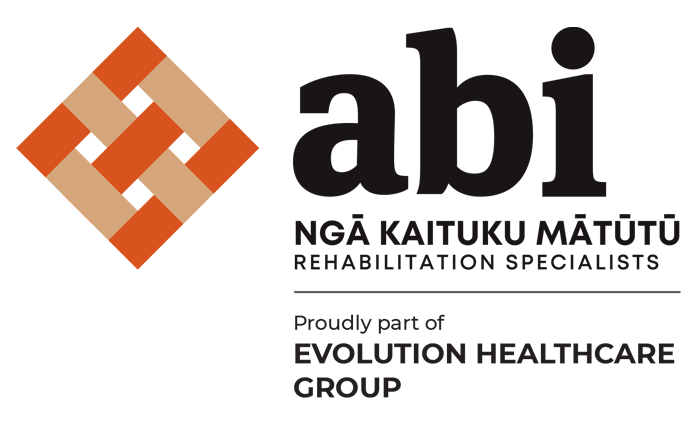Supporting client and whānau mental health following TBI

This week is Mental Health Awareness Week and the theme is all about Taking Time to Kōrero, connecting in with each other and creating space for conversations about mental health and wellbeing.
A little chat can go a long way ‘’Iti te kupu, nui te kōrero”. Make time to chat or kōrero with loved ones, friends, those you trust, your GP, your rehab team. Don’t stay silent.
All types of brain injury can impact on mental health and wellbeing of the person who has had the brain injury but also their loved ones and whānau. Whānau support is important to ensure great rehabilitation outcomes. Brain injury does impact on and change relationships. All of our rehabilitation services and teams value the importance of whānau engagement and ensuring the whānau is included, feeling listened, valued and supported in their own journey as they support their loved one in their recovery and rehabilitation.
Common psychological issues associated with brain injury include being more emotional, depression, anxiety, anger/irritability, sometimes changes in behaviour. These issues can occur because areas of the brain that manage emotions may have been injured, and or, as a result of frustration and struggling with not being able to do the things that were easy before the brain injury. These psychological issues may improve over time, but for some they maybe long term.
Teaching strategies to support mental health and wellbeing is a large part of the rehabilitation toolkit or kete. Adjusting to changes in life roles, becoming a caregiver, learning to live with impairments, trauma and grief surrounding the accident or medical event, fatigue, feeling overwhelmed and uncertain about the recovery journey, how long it will take are all big issues and questions for the client and their whānau to be addressing. The rehabilitation team are there to support, guide, teach and as appropriate ensure a Psychologist is included in the team.
Some strategies that maybe useful for the client and whānau that the rehabilitation team will suggest include some of the following:
- Mindfulness
- Meditation
- Journaling or keeping a diary
- Exercising regularly
- Being in nature
- Managing fatigue – not over doing it
- Reducing alcohol and other substances
- Peer support – sharing experiences with others who have experienced brain injury
- Remaining connected with friends, work and extended whānau
- Psychological support
- Kōrero – talking about your experiences with someone you trust, including your GP
- Sharing your story – either as the injured person or as the person/carer supporting the injured person
All of these strategies align well with te whare tapa whā, a model of health and wellbeing that applies to everyone. The model describes health and wellbeing as a house – whare with four – whā walls. Taha wairua, spriritual wellbeing, taha hinengaro or mental and emotional wellbeing, taha tinana or physical wellbeing and taha whānau or family and social wellbeing. Our connection with the whenua or land forms a strong foundation for us.
Check out the Mental Health Awareness Week website for some great ideas and activities to support great mental health and wellbeing for all the whānau. There are daily goals you could try this week MHAW 2021 Guide | Mental Health Foundation and supports for how to start telling your story, should you want to share your story and journey How To Tell Your Lived Experience Story Safely | Mental Health Foundation


